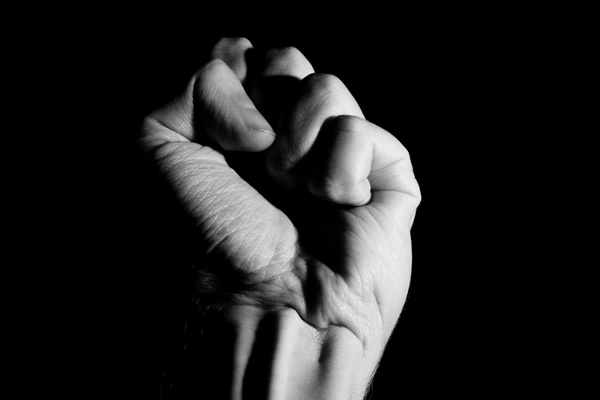 Torah Sparks
Torah Sparks
Genesis 32:4 – 36:43
Our Torah reading brings Jacob, the Patriarch, back home after many years’ absence. He is full of anxiety over the prospect of meeting his estranged brother, Esau. Thankfully, that meeting proceeds peacefully and the brothers establish a tenuous reconciliation.
But Jacob’s return home raises some serious questions about how to live together not only with his own brother, but also alongside other inhabitants of the land. The awful story of the rape of Dinah and the bloody revenge that her brothers exact to preserve her honor (- they justify their act by saying: “Shall our sister be made out to be a prostitute?” Gen. 34:31) is a troubling example of failure in working out a peaceful way of co-existence.
Sadly, each side – the Shechemites and the family of Jacob – engages in violence and defensive self-justification. Jacob’s ambiguous condemnation of his sons’ bloodshed is not allowed to be the last word. Instead, the brothers’ retort, as quoted above, closes the story. It is not until years later, as Jacob lay on his deathbed, that he again speaks his mind, this time expressing his horror and revulsion at the behavior of his sons in no uncertain terms.
The question of how to evaluate the violent actions of the brothers has occupied Jewish communities for millennia. Despite the curses that Jacob pronounces against them, later Jewish literature records that some Jewish groups stubbornly defended the brothers and praised their act of bloodshed in the name of nationalistic notions of purity. Thus, even Jacob’s dying words were not heard by some Jews who refused to take his lesson to heart.
The struggle for our national soul continues to this day. We are challenged to decide whose side we wish to join: Jacob’s horror at the bloodshed and his desire to live peacefully with his neighbors, or, on the other side, the brothers’ horror at the very prospect of living peacefully with their neighbors, a horror that justified for them the most extreme acts of bad faith and carnage.
In our Torah portion Jacob is not able to directly counter the violence and self-righteousness of his sons. Nevertheless the Torah gives us more information with which to derive our own conclusions about this incident. Immediately following the brothers’ justification of their bloody attack in terms of family honor, the Torah tells us that Jacob has to call on this very same family to “remove the alien gods from your midst and purify yourselves and change your clothes.” (Gen. 35:2) Thus we are made to understand that the self-righteousness of the “honor-defending” brothers is actually a delusion masking their own idolatrous attitudes and behavior.
This past week a special school in Israel, the Hand in Hand (Yad b’Yad) Jerusalem School, was set on fire by Jews who are as convinced as Jacob’s murderous sons that they are defending Jewish purity and honor. The crime of the school is that it is the largest school (with 600 students) in Israel in which Jews and Arabs study together in peace and mutual respect. The lurid graffiti sprayed on the walls of the violated building called such co-existence “an abomination.”
We are witnesses to this event just as we are readers of this week’s Torah portion. Whose side are we on?
If you would like to send a message of support to the Hand in Hand community – families of the students, teachers and administration, please go to this link, produced by the Israel Religious Action Center of the Israel Movement for Progressive Judaism.
Shabbat Shalom
Rabbi David Greenstein
- Toby Stein: In Memoriam - Thu, Feb 8, 2024
- Faithfulness and Hope: Parashat Sh’lach - Thu, Jun 23, 2022
- Past Their Prime: Parashat B’ha`a lot’kha - Thu, Jun 16, 2022
